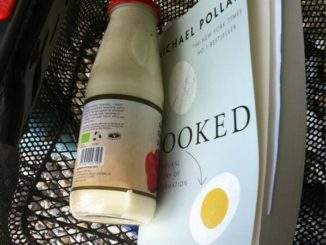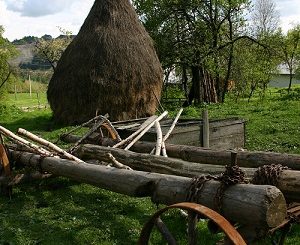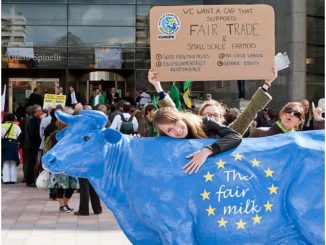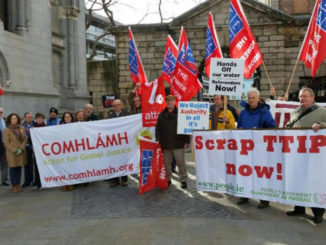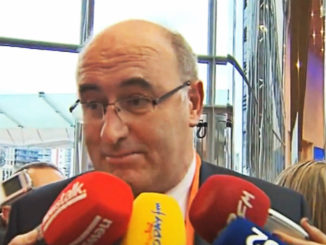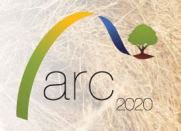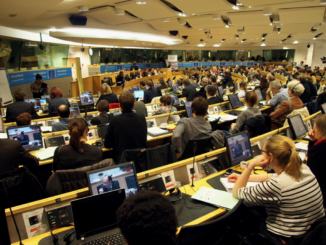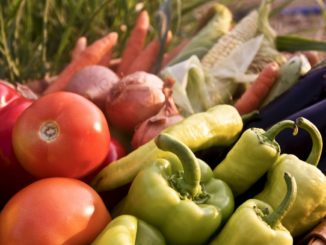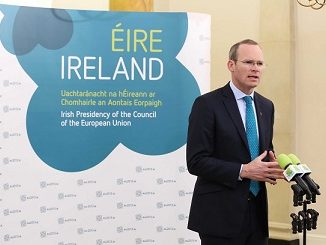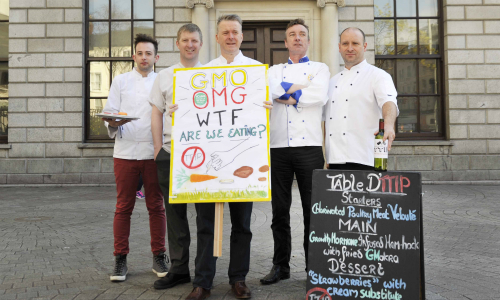
Irish Chefs Join the Stand Against TTIP
Saturday 18th April was the Global Day of Action for sharing information, raising public awareness and staging demonstrations against TTIP. Seven events were organized in Ireland and over 700 took place around the world, involving a diverse range of civic agencies, social and environmental NGOs and many other interested parties. In Ireland this included chefs, led by the non-profit chefs’ organization Euro-Toques Ireland. In the weeks leading up to it big names including Jamie Oliver and Darina Allen spoke out from the chefs’ corner, voicing their concerns for the future of food and agriculture in the European Union should the TTIP treaty be ratified. “The Transatlantic Trade and Investment Partnership (TTIP) agreement poses a serious threat to the well-regulated Irish and European food industry,” said Darina Allen in a statement from Slow Food Ireland last week. “Who will benefit from this agreement? It will certainly not be consumers, who will see food information further weakened over longer food supply chains, nor will it be the large majority of small-scale producers, serving local markets, who make […]

